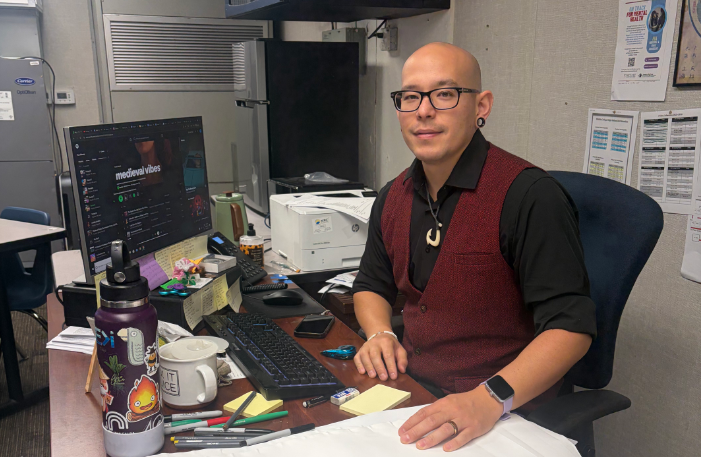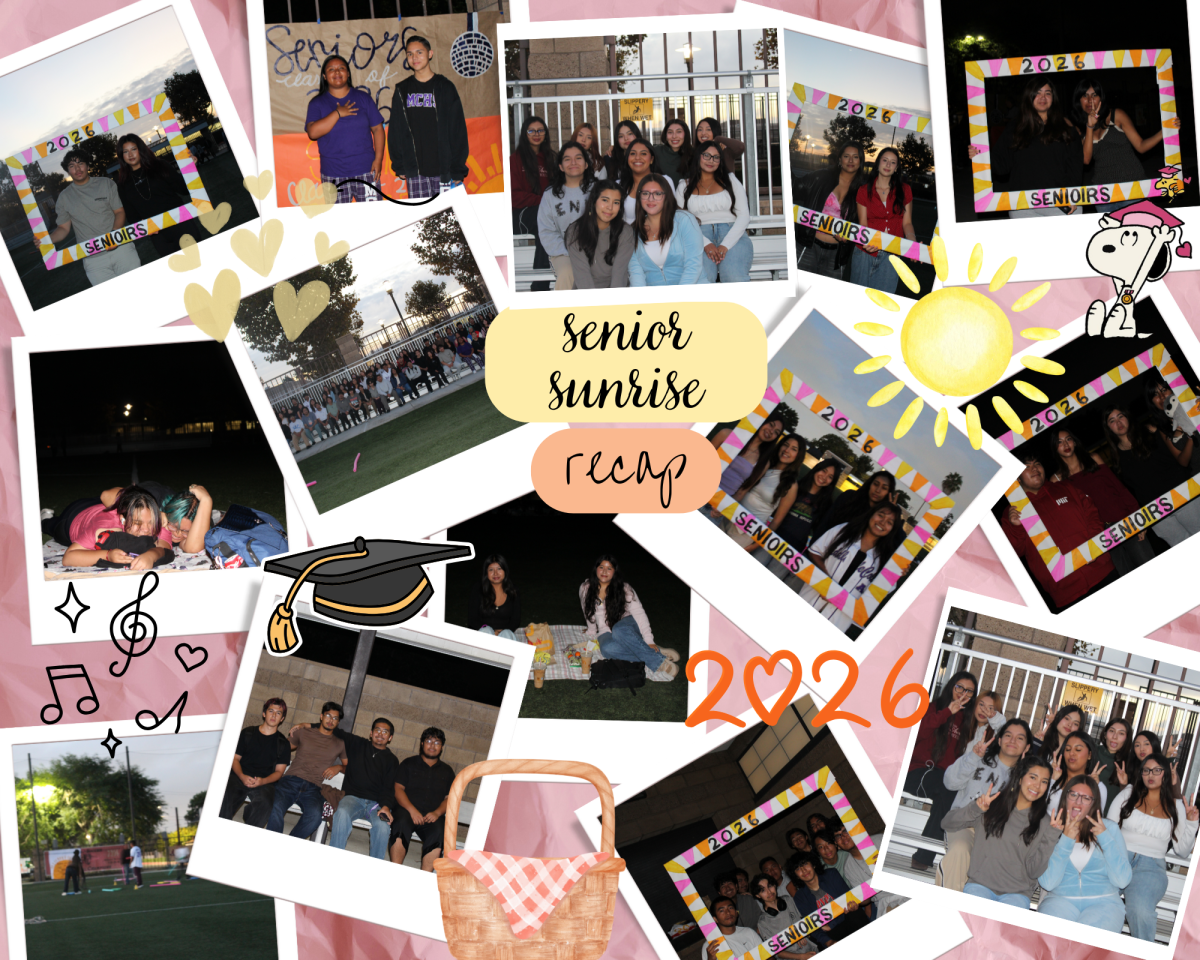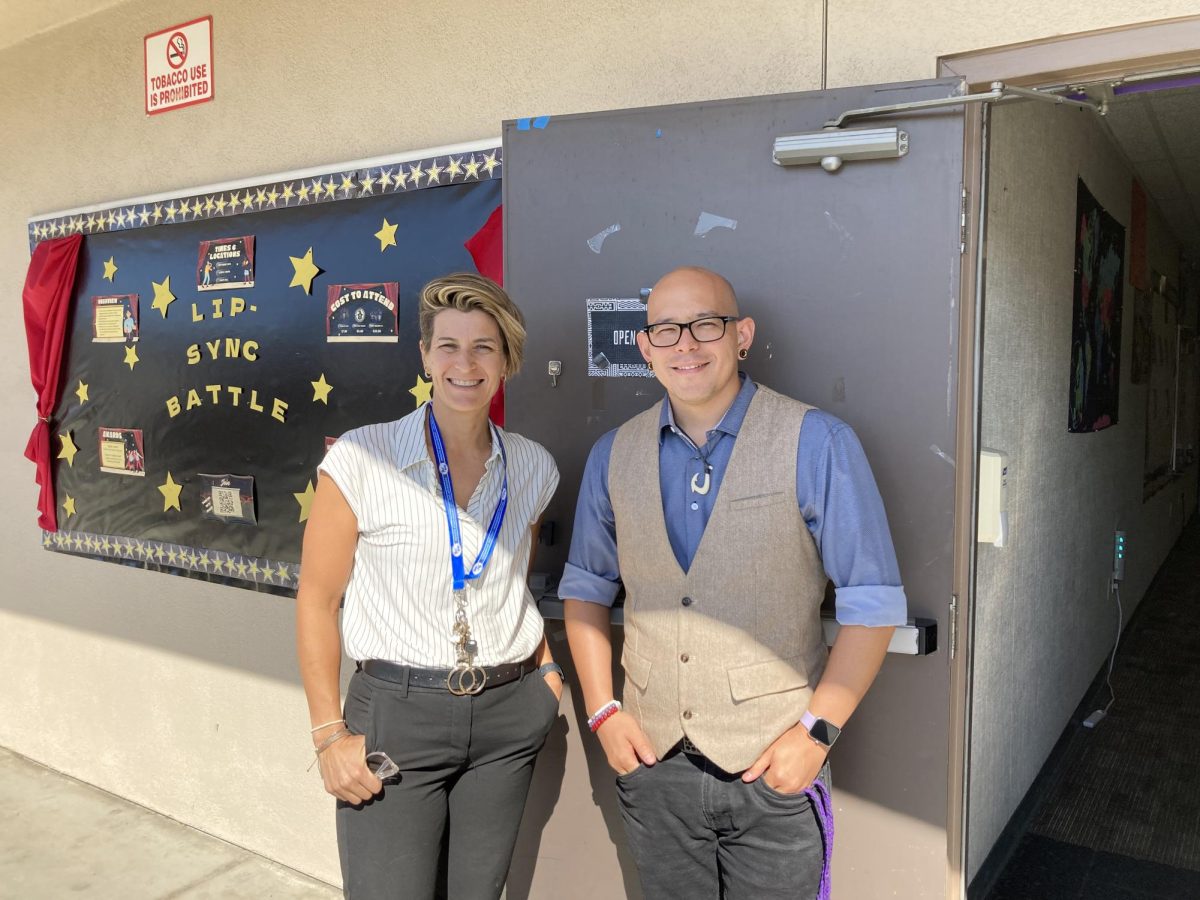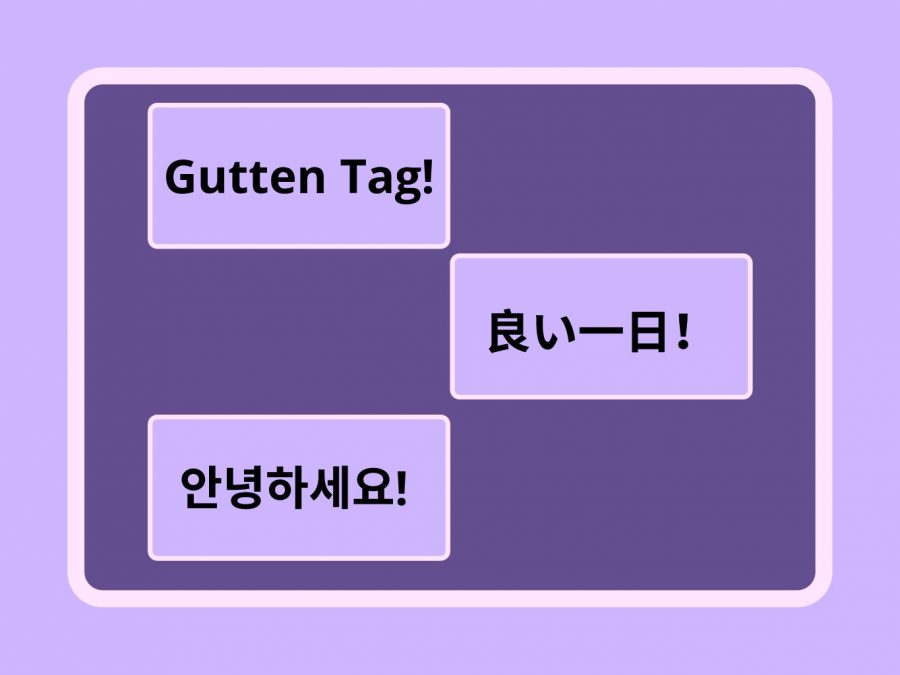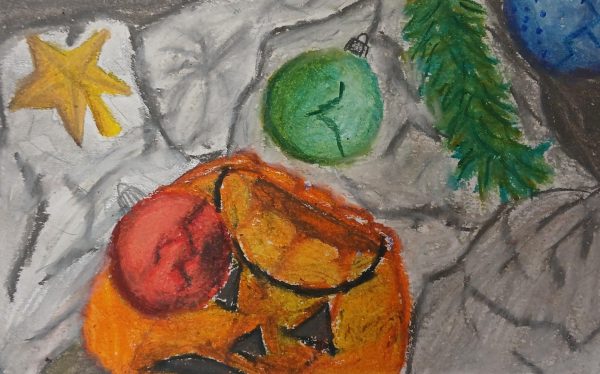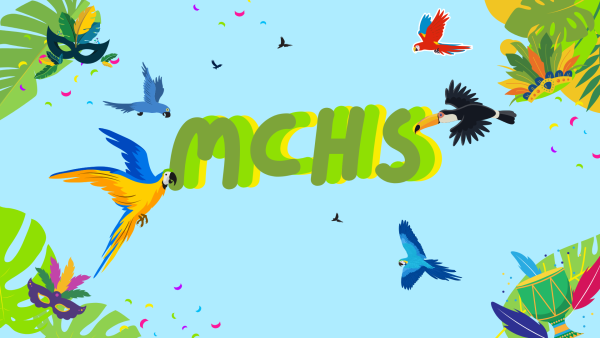“Gutten Tag!” The cognitive benefits of studying a language, and the mindfulness that can follow
Syed Ali Naqvi (created with Canva)
Studying a language lifts the linguistic barrier holding individuals back from conversing with like-minded people.
While watching the 2021 Olympic games, I had a major realization about our world: there’s a lot of places, with a lot of people, cultures, and languages. Though obvious, it certainly was something I hadn’t thought about on a large scale before. Soon after, I had a second realization: I will never be able to converse with the majority of those people. It truly saddened me to know that there’s amazing people all around the world who I will never be able to create friendships with simply because of a linguistic barrier. After studying the bare basics of a few languages, I want to share my passion for languages with others around me. Though it may be true that learning a language is a long, difficult, and often tedious process, it certainly has its benefits that are worth noting.
Linguistics in relation to mindfulness
Prior to diving into the cognitive benefits of studying a language, it is important to address the numerous worries people may have about the most significant part of the process: learning.
To the majority, ‘learning’ is associated with work, stress, and sometimes anxiety. As a result, any activity involving learning is often avoided and seen with a negative connotation. In an article from Babbel, a subscription-based language learning program, writer and language enthusiast Steph Kofyman takes on the question of learning a language as a form of relaxation.
“There’s usually some amount of drudgery involved in studying, and in order to be good at anything, you often have to make yourself do it on the regular, even when you don’t really want to,” said Kofyman.
Learning doesn’t have a positive connotation and neither is it seen as relaxing from the majority. After all, learning a language is complicated. It requires effort and involves the addition of new concepts to the mind. However, there is still the possibility that the process of learning can be good for managing the many stresses of life.
“A team of Harvard researchers found evidence that active learning is actually a more effective stress management technique than passive relaxation. In one study, employees reported fewer negative emotions and engaged in less unethical behavior on days when they participated in learning activities… However, employees reported the same level of negative emotions and unethical behaviors when they engaged in pure relaxation,” said Kofyman.
Though related with a negative connotation, if done right, learning can be effective for a mindful life. It is important to note that a change in strategy is what benefited the participants of the study. Rather than giving up on learning something that initially seems stressful, it is better to change one’s approach.
The idea of relaxing by learning something such as a language is further supported by an interviewee for this article. Senior Jai Sharma attends Woodbridge High School in Irvine Unified School District in Southern California. He has studied Chinese and French in school and wanted to give the following input when asked whether learning languages can be a good hobby or form of relaxation.
“Learning languages is a very different way to engage the brain, so it is a very good way to calm yourself down,” said Sharma.
A student’s perspective
MCHS senior Gabriel Reyes, who is bilingual in Spanish and English, shared his insight on why studying a language can be a fascinating experience.
“I’m currently enjoying learning Russian because I just find the language and the sounds of the language to be interesting and the more I learn, the more I’m intrigued into the language itself,” said Reyes.
As validated by Reyes, studying a language can open up new forms of pronunciation, grammar, and vocabulary. Most aspects of these can be fascinating to anyone who is willing to put in the effort to simply try; it all starts with a single step.
Though individuals can study a language by pure dedication, they may still struggle with the process of picking up parts of a language. As stated before, languages can be very complex; there is lots to understand and if a person is studying alone, it can lead to many questions. How do we go against such challenges?
A teacher’s perspective
MCHS AVID teacher Amy Holte has taught abroad in Japan. Over the course of two years, she was able to pick up some basic Japanese as a result of the immersion she experienced. Despite not taking any Japanese classes, she became educated in the language by simply asking native speakers questions and teaching herself along the way.
Holte agreed that immersing oneself in a culture would be one of the most effective ways to overcome both the fears and difficulties associated with picking up a second language.
Holte said, “I was nervous at first, and did practice a few key phrases before I left, but I found that people were incredibly supportive when you are trying to speak their language. The more I tried to use the language in everyday situations, the easier it became. Also, I would often write down words that I would hear said often and come home to look them up. The next time I heard that word or phrase, I had more context and would remember it better.” Important advice Mrs. Holte would like to share with others is to practice the basics and to use resources such as free apps.
Mrs. Holte’s notable advice to immerse oneself is supported by thirty-two year old polyglot (one who speaks multiple languages), entrepreneur, and language mentor, Lýdia Machová. In her Ted Talk, “The secrets of learning a new language”, Machová explains how she was able to learn Spanish independently of classes and while also making the experience enjoyable for herself. Though we may not be able to travel to another country, we can still learn from Machová and study languages from the comfort of our home.
“I got the Spanish translation of ‘Harry Potter’ and started reading, and sure enough, I didn’t understand almost anything at the beginning, but I kept on reading because I loved the book, and by the end of the book, I was able to follow it almost without any problems,” said Machová.
Machová goes on to explain that she studied another language in a similar way: by changing the audio settings of her favorite sitcom. Instead of watching it in a language she was fluent in, she changed the settings and watched the sitcom in German. Similar to her experience with the Spanish Harry Potter book, she wasn’t able to understand it at all initially. But as time went on, she was able to follow along with the show. This brought Machová to a major, significant realization.
“I only realized this after meeting other polyglots. We are no geniuses and we have no shortcut to learning languages. We simply found ways how to enjoy the process, how to turn language learning from a boring school subject into a pleasant activity which you don’t mind doing every day,” said Machová.
What the science says
An article by the International School of Arizona suggests that the brain of a bilingual person functions differently when compared to the brain of a normal person.
“Bilingual people show increased activation in the brain region associated with cognitive skills.”
In addition to what regions of the brain are activated for a bilingual person, learning a second language also increases the creativity of a person. According to the article, “How Learning a New Language Boosts Your Creativity” by Jeremy Ginsburg, learning a second language is connected to the creativity of an individual.
“…different phrases will flex your creativity and force you to think about how to say things in a different way…The more you learn languages, the more creative you get in describing situations and saying things,” said Ginsburg.
Final takeaways
Though it can initially be difficult, a change in strategy is often helpful. Nearing the end of her speech, Machová introduces the stories of a few polyglots she has met, as well as a few people she has mentored towards learning languages.
Machová said, “Benny had eleven years of Irish Gaelic and five years of German at school, (and) couldn’t speak them at all when graduating… Then he started to look for his way of learning languages, which was speaking to native speakers and getting feedback from them-and today Benny can easily have a conversation in ten languages.”
Useful sources:
- Form of Hobby / Mindfulness
- Benefits
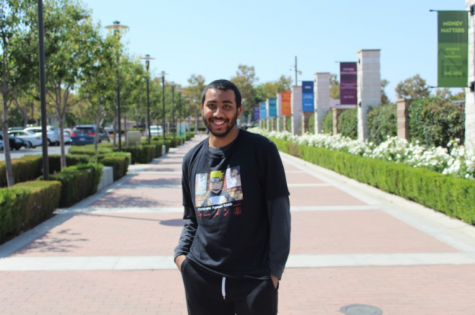
I love rain, I love cold weather with a cozy setting, and I want to learn multiple languages.

